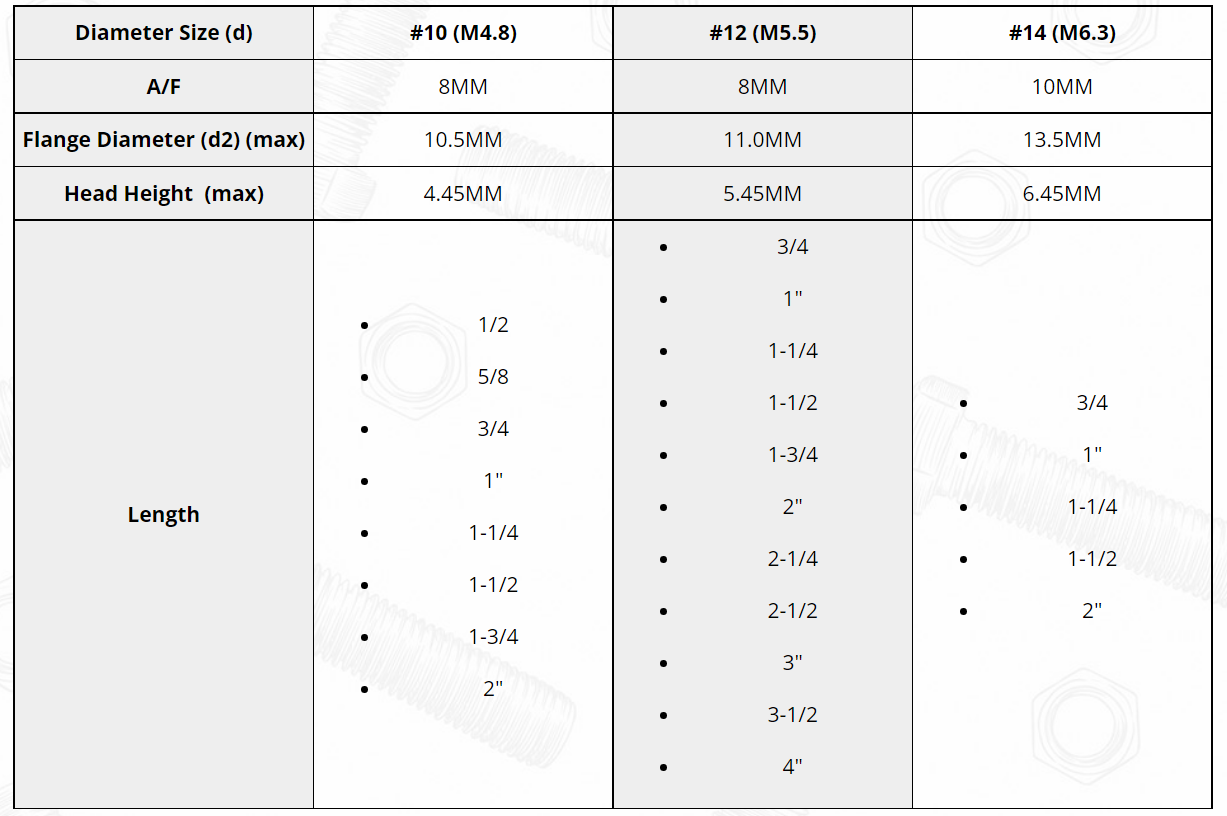Comparing Nails and Screws for Drywall Installation Efficiency and Performance
Nail vs. Screw Choosing the Right Fastener for Drywall Installation
When it comes to hanging drywall, one of the most critical decisions a contractor or DIY enthusiast faces is whether to use nails or screws. Both fasteners have their merits and drawbacks, and understanding these can help ensure a smooth and successful installation. In this article, we'll delve into the pros and cons of using nails versus screws for drywall services, helping you make an informed choice for your next project.
The Case for Nails
Nails were the traditional choice for drywall installation, and many still prefer them for specific applications. The advantages of using nails include
1. Speed of Installation One of the most significant benefits of nails is their speed. Nail guns can drive multiple nails in a short time, making the installation process faster. For large-scale projects or when working in a tight deadline, this can be a significant advantage.
2. Cost-Effectiveness Nails are generally less expensive than screws, both in terms of the fasteners themselves and the tools required for installation. If you're working on a budget, opting for nails can help you save money on materials.
3. Less Equipment Required While a nail gun makes the job quicker, hand-driven nails require only a hammer. This simplicity can be appealing, especially for smaller jobs or repairs where investing in a nail gun may not be practical.
However, there are downsides to using nails for drywall installation
1. Holding Power Nails have less holding power compared to screws, which can lead to sagging or loosening over time. This is particularly problematic in areas prone to movement or vibration.
2. Risk of Popping Nails are more likely to pop out due to changes in humidity and the natural expansion and contraction of the drywall. This can create unsightly bumps on the wall and require repairs later on.
The Case for Screws
nail vs screw drywall service

Many professionals favor screws for drywall installation due to their enhanced performance characteristics. Here are the key advantages of using screws
1. Superior Holding Power Screws provide better holding strength than nails, securing drywall firmly against the studs. This reduced risk of sagging and popping is essential for maintaining a smooth, flat surface.
2. Reusability Unlike nails, screws can be removed and reused without damaging the drywall. This feature is particularly useful in projects that may require revisiting the installation later.
3. Less Chance of Damage Screws are less likely to cause damage to the drywall as they penetrate. Nail heads can create larger holes, which may require more extensive patching if the drywall needs to be replaced or repaired.
Despite these benefits, screws have some disadvantages
1. Time-Consuming Installing screws generally takes longer than nails, especially when using a manual screwdriver. While electric drills can speed up the process, it's still usually slower than nailing.
2. Cost Screws and the necessary tools (like electric drills) can be more expensive than nails and handheld tools.
3. More Tools Required Using screws typically requires additional equipment, such as an electric drill or screwdriver, adding complexity and potentially increasing setup time on site.
Conclusion
Ultimately, the choice between nails and screws for drywall installation depends on the specific needs of your project, your budget, and your timeline. If speed and cost are your primary concerns, nails might be the better choice. On the other hand, if you prioritize durability and performance, screws are likely the way to go.
In many modern applications, especially in professional settings, screws have become the preferred method due to their strength and reliability. However, it's essential to weigh these options carefully based on your unique circumstances. Remember, the right choice can make all the difference in the long-term success of your drywall project. By understanding the advantages and disadvantages of both nails and screws, you’ll be better equipped to make an informed decision and ensure a high-quality finish that will last for years to come.
-
Top Choices for Plasterboard FixingNewsDec.26,2024
-
The Versatility of Specialty WashersNewsDec.26,2024
-
Secure Your ProjectsNewsDec.26,2024
-
Essential Screws for Chipboard Flooring ProjectsNewsDec.26,2024
-
Choosing the Right Drywall ScrewsNewsDec.26,2024
-
Black Phosphate Screws for Superior PerformanceNewsDec.26,2024
-
The Versatile Choice of Nylon Flat Washers for Your NeedsNewsDec.18,2024










